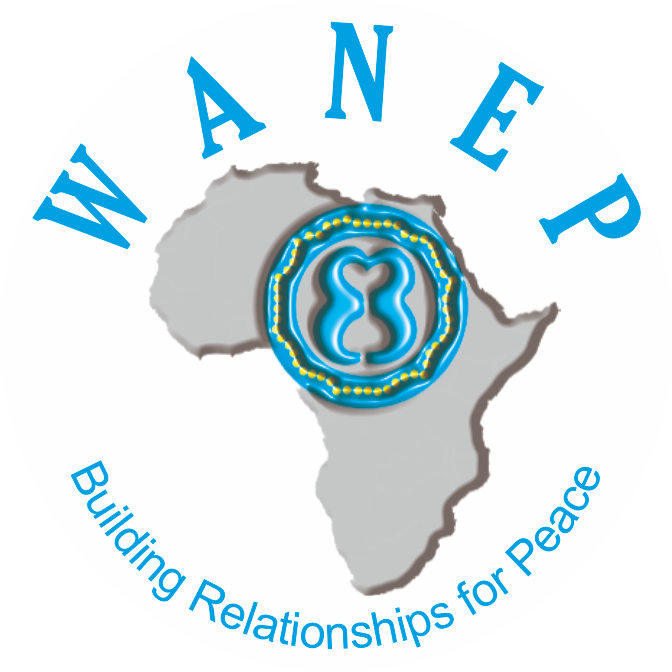
The West Africa Network for Peacebuilding (WANEP) is raising concerns over what they say is the uncoordinated peace and security programs in the Sahel Region and Cote D’ Ivoire.
According to WANEP, governments and Civil Society Organizations in the sub-region have been found to be duplicating programs targeted at resolving peace and security problems and this makes it difficult for the desired effect to be felt.
This was contained in findings of a research conducted by WANEP in partnership with the United Nations Development Program in Burkina Faso, Mali, Niger and Cote D’Ivoire to assess the gaps in the multilateral, regional and national responses to the peace and security challenges in the Sahel especially as it affects women and girls and proffer evidence-based policy recommendations to address the threats.
According to lead researcher Dr. Festus Kofi Aubyn, as a result of the uncoordinated programs funding becomes a problem hence such initiatives are truncated leading to the situation getting worse.
“In most cases you find both governments and Civil Society Organizations implementing programs that are similar in nature with limited resources which could have been put together. But that is not done so we end up not getting what we intended doing thereby making the situation no different from what we came to meet’, he stressed.
OTHER KEY FINDINGS
The research also found out that due to insecurity, there was difficulty in sustaining short term gains made in peace and security programs that are being implemented by governments and CSOs.
According to the research, community members are oftentimes also not aligned with the programs being implemented by governments and CSOs. This problem according to Dr. Aubyn “is making it difficult for the successful implementation of programs that affect the people directly”.
“We also found out that the discontinuity and short-term funding packages and project duration does not provide a lasting impact of interventions. This particularly is affecting poverty alleviation programs targeted at women and girls especially”. Dr. Aubyn disclosed.
Aside the above, economic exclusion, limited participation in political and public life, poverty, limited access to education and healthcare, gender-based violence, harmful cultural practices, COVID-19 related problems as well as Poverty, unemployment, shut down of small scale businesses, cut in Foreign Direct Investments are key things working against the successful implementation of Peace and Security Programs.
TERRORISM IN THE SUB-REGION
Touching on increased activities of terrorist groups in the sub-region in recent years, Dr. Festus Kofi Aubyn blamed unemployment and the wrong interpretation of religious messages.
He said, “for the issues of terrorism, if you look around you will realize that each year scores of young people come out of schools without getting employed. These young people are easy targets of terrorist organizations who will lure them with money and lead them into those acts….In some instances, the wrong interpretations of religious messages have also formed the bedrock of terrorist attacks in the sub-region”.

